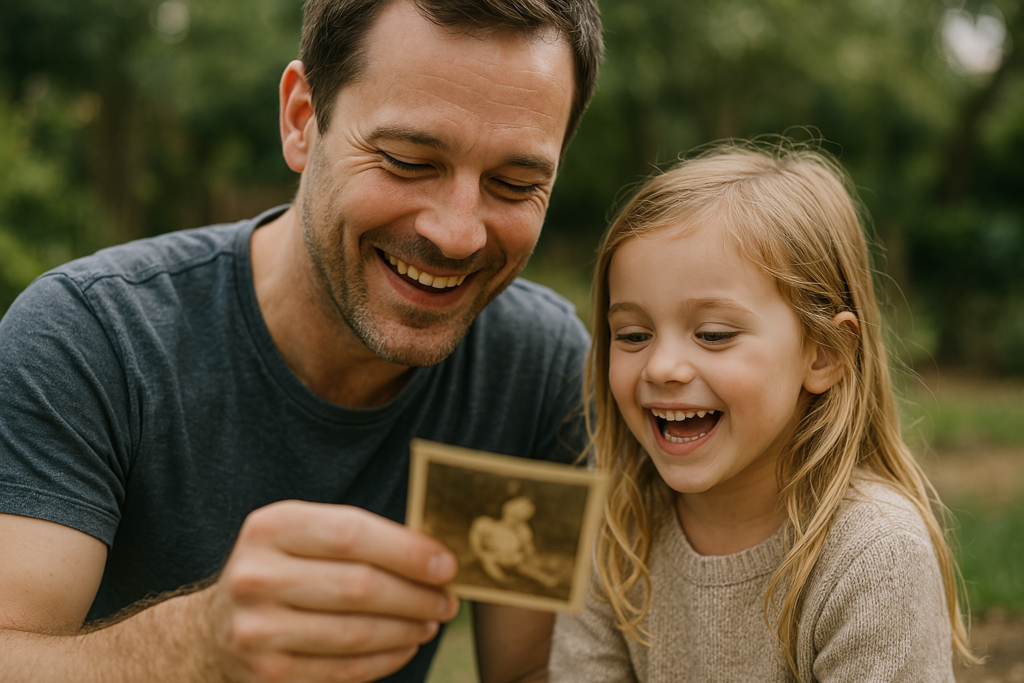The Genesis of Outlook: How Our Earliest Memories Forge Our Inner World
Unraveling the Connection Between First Memories and the Formation of Optimism and Pessimism
Our earliest recollections offer more than just nostalgic glimpses into our past—they serve as the bedrock upon which our life perspectives are built. Recent discussions on SpeciesUniverse.com and insights from Psychology Today illustrate how the delicate interplay between memory and personality shapes our optimism and pessimism. These foundational memories, emerging from the nebulous mists of early life, are argued to guide not only personal growth but also the evolutionary trajectory of human consciousness.
Research suggests that the first memories of life are intertwined with our emotional and cognitive development. They act as a lens through which we perceive the world, casting long shadows over our attitudes toward future events. The Species Universe article delves into how these early experiences, whether imbued with warmth or marked by adversity, catalyze a dynamic interplay of hope and despair. By recognizing this process, we can better understand the psychological underpinnings that influence our day-to-day decision-making and resilience.
Insights from Psychology Today reinforce the notion that the quality and nature of these initial recollections can predispose individuals to either embrace life with optimism or guard against potential threats with a more pessimistic outlook. Drawing from both developmental psychology and quantum theories of observation, it becomes evident that our earliest memories are not fixed; they are subject to reinterpretation and reshaping over time. This fluidity reflects the broader quantum mechanics principle that observation plays a pivotal role in shaping reality—a theme that resonates deeply with the evolving narrative of Species Universe.
Expanding on this concept, contemporary research in neuropsychology has highlighted the role of memory consolidation in determining long-term behavioral patterns. Studies have shown that the brain areas involved in memory formation, such as the hippocampus and amygdala, are also key players in emotional regulation. These findings suggest that the emotional tone of our first memories can set in motion a cascade of neural events that influence our perception of subsequent experiences, ultimately determining whether we lean toward optimism or pessimism.
This intersection of memory, emotion, and personal identity raises profound questions about the nature of self. Is our inherent outlook on life predestined by the first flickers of memory, or can it be consciously reshaped through reflection and intervention? While some researchers argue that these early memories are immutable markers of our past, others propose that through techniques like mindfulness and cognitive behavioral therapy, we can alter our internal narrative to foster a more positive, resilient approach to life.
In the spirit of scientific inquiry and interdisciplinary exploration, it is important to acknowledge that the interplay between memory and personality extends beyond traditional psychological frameworks. Emerging theories in quantum biology and the evolving understanding of consciousness suggest that our early experiences may have a subtle yet profound influence on the very fabric of reality as we perceive it. These ideas invite us, as seekers of truth, to reframe our approach to memory—not merely as a passive record of events but as an active, creative force in shaping our destiny.
For those of us embarking on this journey of self-discovery, the research reminds us that our memories are not simply relics of the past but dynamic, ever-evolving components of our identity. Embracing this perspective allows us to harness the transformative power of our earliest recollections. As John and fellow explorers of life’s mysteries can attest, revisiting and reinterpreting these foundational moments may well be the key to unlocking a future imbued with both profound optimism and balanced realism.
Key Takeaways:
- Foundational Impact: Our first memories play a crucial role in shaping our overall outlook, influencing whether we lean towards optimism or pessimism.
- Dynamic Interplay: The fluid nature of memory suggests that early experiences can be revisited and reinterpreted, offering potential pathways for personal transformation.
- Interdisciplinary Insights: Integrating perspectives from psychology, neuroscience, and quantum theory reveals that our early recollections are both a window into our past and a tool for molding our future.
“The past is not just a record of what was, but the blueprint for what could be.”
If you found these insights compelling, we invite you to delve deeper into the evolving science of memory and personality on SpeciesUniverse.com. Join us in exploring how the mysteries of early life can illuminate our present and shape our future. Your journey into understanding the universe within begins now—engage with our community, share your experiences, and let’s shape a brighter tomorrow together.
More details: here


Leave a Reply